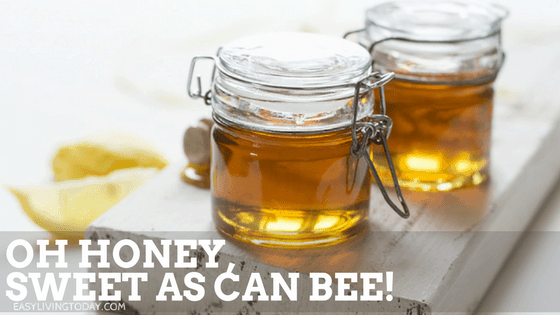The bottom line is that sugar has a lot of calories and no essential nutrients. Honey, on the other hand, contains up to 80 different substances important to human nutrition. Yeah. So keep reading to find out why you should be using honey as a sugar replacement (like yesterday) and how to do it!
And, bonus, this post comes straight from Master Beekeeper Charlotte from over at Carolina Honeybees!
How Honey is Made
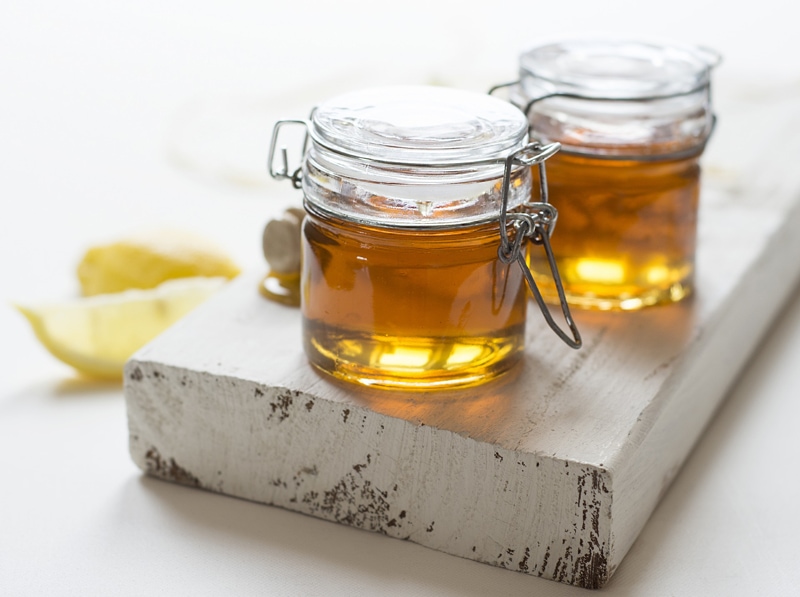
Honey bees make honey from plant nectar. The worker bees, who are all female, fly from flower to flower gathering sweet plant nectar.
The bee stores the nectar in a special organ in her body called a “honey stomach”. When her honey stomach is full, she returns to the hive and gives the nectar to a house bee.
House bees (females as well) add enzymes to the nectar and reduce the water content. This interesting and slightly complex process transforms the nectar into honey.
Now, when you’re done reading this, Google how granulated sugar is made and you will see how insanely different the processes are!
Using Honey as a Sugar Replacement When Cooking
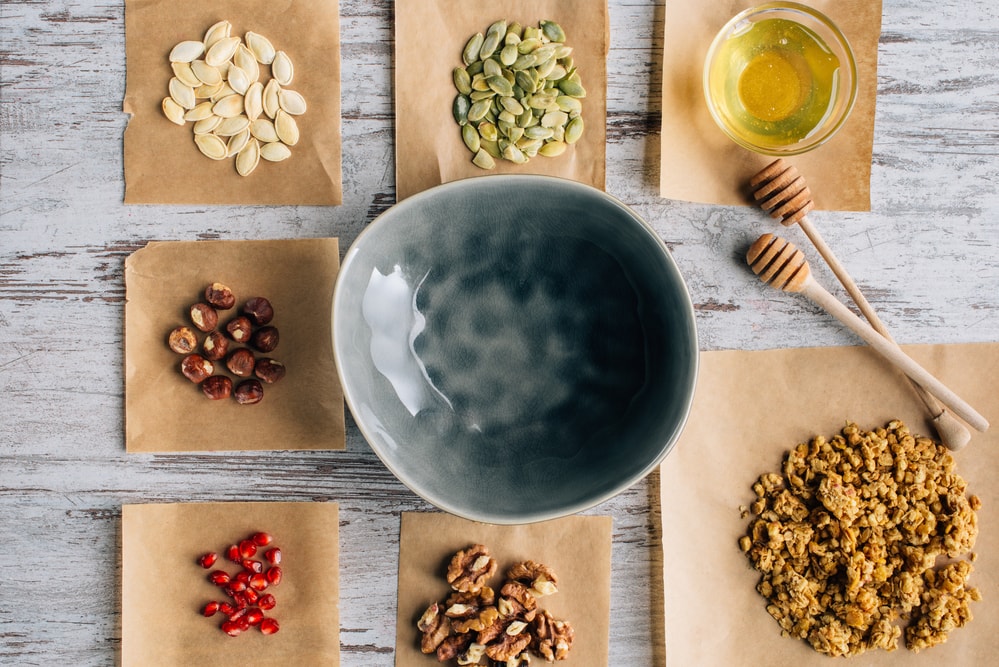
Honey is sweeter than granulated sugar so you can use less and still have amazing, sweet flavor.
Instead of a 1:1 ratio, honey will replace 1 ¼ of the same quantity of sugar.
Honey is made from many different plant nectars. Each nectar gives the honey a different taste and color. Different types of honey (wildflower, buckwheat, clover, orange blossom) will impart different flavors in your recipes. So be sure to try the different flavors and see which one you like best.
Honey gives a moist texture to baked goods. Replacing a portion of granulated sugar with honey improves the texture of home-baked goods and is much better for you health-wise… one of the many reasons you should be using honey as a sugar replacement!
Although honey can be frustrating to measure because it sticks to the spoon, I have a life saving hack for you: heat a metal spoon in hot water, wipe it dry and use it to measure honey while it is still warm.
Storing Honey Properly Will Save You a Ton of Money
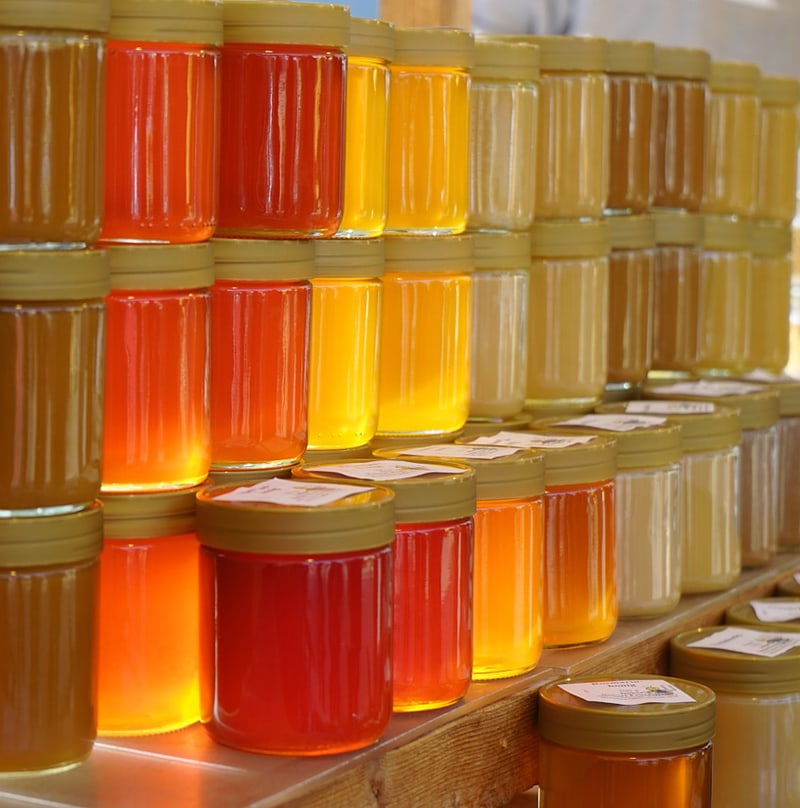
You should expect to pay a bit more for real pure honey upfront. However, this is a wise investment because honey lasts for years.
But, make sure you don’t put your honey in the refrigerator. Never refrigerate honey, not even after it has been opened. Store honey inside an airtight container in a cool, dark place for it to last.
Most varieties of honey will crystallize (turn to sugar) over time. That’s okay! Do not throw away that good honey. You can gently warm the jar of honey in a hot water bath. It will re-liquify and be good to use.
Super Important Considerations When Buying Honey
I am sure you are familiar with jars of honey on the supermarket shelves. Unfortunately, many of those products are a poor imitation of the real thing.
Pure honey is 100% honey. The ingredient label should have only one word – Honey. Make sure you are checking for this when you buy honey.
A local beekeeper is your best source for pure, raw, unpasteurized honey. If you do not have access to a beekeeper, choose a regional supplier.
But, I do not recommend you buy honey that comes from outside the United States.
Also, the use of the organic label for honey raises concern among the beekeeping community. To be organic, it would be necessary to control every flower and water source visited by the bees. How can you accomplish that with free flying insects?
I encourage you to take the time to locate a good source for raw honey. Honey offers so much more than a sweet addition to your morning cup of coffee. Humans and honey bees have a long history of interaction. I hope this partnership continues in the years to come.
Beekeeper Charlotte
Carolina Honeybees
Become A Beekeeper
Is beekeeping for you? It just might be a hobby that you would enjoy. My beekeeping blog is full of educational information on honey bees. Through my online class, newsletter and Facebook group, I have helped hundreds of people fulfill their dream of being a beekeeper.
About Master Beekeeper Charlotte
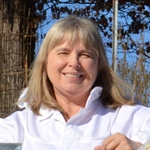
Master Beekeeper Charlotte Anderson lives on a small farm in upstate South Carolina. She was the first female Master Beekeeper in her state and is a former state Beekeeper of the Year. Her website and blog teach people how to become better beekeepers.
